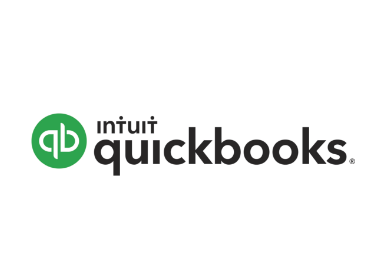The Top 5 Tips On Preparing For Funding
Posted on 7th October 2022 by Dominique Childs
Cash is king right?
If so, wouldn’t it be great to know how likely it will be to obtain the right funding when you need it?
In order to help get a clear plan on how to navigate this tricky area, we thought we’d put together 5 top tips for you, which we hope you will find useful:
1. Check your credit score
Just like every person, companies have credit scores too. These are used by funding providers to check the risk of your company before they decide to lend to you.
Anything below a rating of 50 is considered high risk. 80 upwards is low.
Interested to find out your company credit score? Get in touch with us and we can share this with you, along with some points on how to improve it.
2. Filing accounts
As simple as it may sound, filing your accounts early with Companies House can give your credit file a boost.
Our advice, get your books up to date daily and accounts filed within 3 months of the year end.
Worth noting, filing accounts at the deadline can give a picture to the credit agencies that your company is more risky to lend to.
3. Use the right accounting software to create forecasts and projections
Annual accounts filed – check
Application for funding granted instantly? – Maybe not!
Many funders like to see real time data connected to their portal and projections of future profits.
Having quarterly management accounts is vital for most businesses to plan for growth.
It is also worth considering cashflow forecasting to prove to the funders when you need the funds.
The COVID pandemic taught us a lot about having real time data, which is why we recommend the following as a minimum for every business looking to grow:
4. Create a solid business plan for why you need the funds
Remember your aim is to paint a picture to the lenders of how in control you are and that the business is low risk. Having a plan for why you need the funds helps to prove you are in control and are planning for the future. Lenders (sometimes harshly) tend to worry when you have no business plan and are applying for funding.
A business plan should show:
- Your business goals
- The long term strategy of the business
- Details of how you will use the funds
5. Consider the impact of large decisions on your financial accounts
The accounts you provide at the company year-end are the key to accessing funding.
Keeping cash in the business always helps. It is also worth reviewing your other key numbers to ensure they are healthy on the year-end numbers:
- Turnover (increased from prior year? If not, get your paperwork in line to explain why)
- Gross profit margin (healthy and improving? If not, get to grips with it early)
- Debtor days (average number of days it takes to get paid, if high are all the debtors still actually collectable?)
- Debt within the company (has this increased? If so, does some “bad debt” need to be removed before applying for funding). Worth noting that COVID loans count as debt still!
Next steps
If you’re stuck or worried, get it touch.
We have a large amount of experience in our team with helping the owners of companies who are looking to grow.
This material has been prepared for informational guidance purposes only. Whilst every effort has been made to ensure the contents are accurate, information contained may not be comprehensive. Furthermore it is not intended to provide, and should not be relied on for, tax or accounting advice. Steven Burton & Co Limited can not accept any liability for any errors or omission or for any person acting on or refraining from acting on the information provided.









